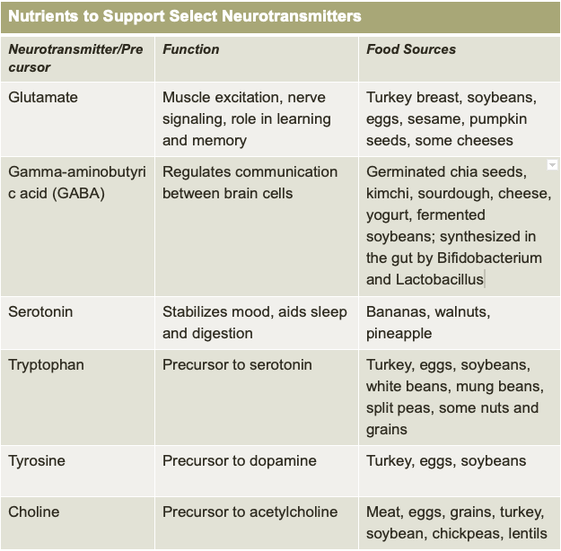|
Stress is the tension felt when faced with a new, unpleasant, or threatening situation. The hormone surge we experience during stress produces an automatic physical reaction as well an emotional response that can be controlled and managed. The physical signs of stress include increased heart rate, perspiration, headaches, appetite changes, dry mouth, frequent urination, and diarrhea or vomiting. The emotions that accompany stress are typically anxiety, irritability, and fearfulness which often lead to impulsiveness, increased use of drugs or alcohol, and overeating. It is very important to find alternative coping strategies for stress that aren’t harmful to your health and performance. Taking care of your body and mind with adequate sleep and proper nourishment are critical. If overeating during stress is an issue for you, it is also helpful to establish an emotional outlet other than food. Fueling your body at regular intervals with balanced meals and snacks can often prevent the urge to overeat, even during stress. There are a number of nutrients related to brain function, including vitamin B12, B6, and folate. Some good sources of B12 are beef, fish, shellfish, dairy, and fortified grains. Vitamin B6 can be found in meats, whole-grains, vegetables, nuts, and bananas. Dark leafy vegetables, okra, asparagus, fruits, beans, yeast, mushrooms, orange juice, and tomato juice, and fortified grains are good sources of folate. With the wide array of food sources, a balanced diet generally provides adequate quantities of these nutrients, so it is only necessary to supplement if a deficiency exists. The essential omega-3 fatty acids are also necessary for mental and physical health due to their role in regulating inflammation and interacting with mood-related molecules in the brain. Food sources of omega-3 fats include fatty fish, flax and hemp seeds, walnuts, and canola oil. Additionally, there are amino acids and other dietary components that serve as precursors for neurotransmitters that function in mood stabilization, feelings of pleasure, learning and memory. The table below outlines the functions and food sources of some relevant examples. With adequate intake of high-quality proteins and/or a variety of seeds and legumes, adequate intakes of these dietary components can be achieved. It is important to recognize that a lack of the precursors needed to synthesize neurotransmitters can result in altered mood and poor coping skills. Consider integrating food sources of these neurotransmitter precursors, B vitamins, and omega-3 fatty acids to promote mental stability and wellness, even during the most stressful of times! References:
The VITamin D and OmegA-3 TriaL-Depression Endpoint Prevention (VITAL-DEP): Rationale and design of a large-scale ancillary study evaluating vitamin D and marine omega-3 fatty acid supplements for prevention of late-life depression. Contemporary Clinical Trials, May 2018. Haggerty, J. (2020). Vitamins for Bipolar Disorder. Psych Central. Retrieved on October 8, 2020, from https://psychcentral.com/lib/vitamins-for-bipolar-disorder/
4 Comments
6/7/2024 07:09:35 am
Yard maintenance Canada services are a lifesaver! They handled everything from mowing to fertilizing, and my yard looks fantastic year-round.
Reply
6/7/2024 07:12:59 am
The allure of solitaire engagement rings New Zealand lies in their simplicity. Featuring a single, stunning diamond or gemstone, these rings focus on the beauty and brilliance of the central stone.
Reply
6/7/2024 07:13:36 am
The process to sell gold for cash in New Zealand typically begins with finding a reputable buyer. Many established businesses, from local jewelers to specialized gold buying companies, offer fair prices based on current market values.
Reply
Leave a Reply. |
CategoriesAll Cross Training Injury Prevention Nutrition Recipes Wellness Archives
October 2021
|

 RSS Feed
RSS Feed